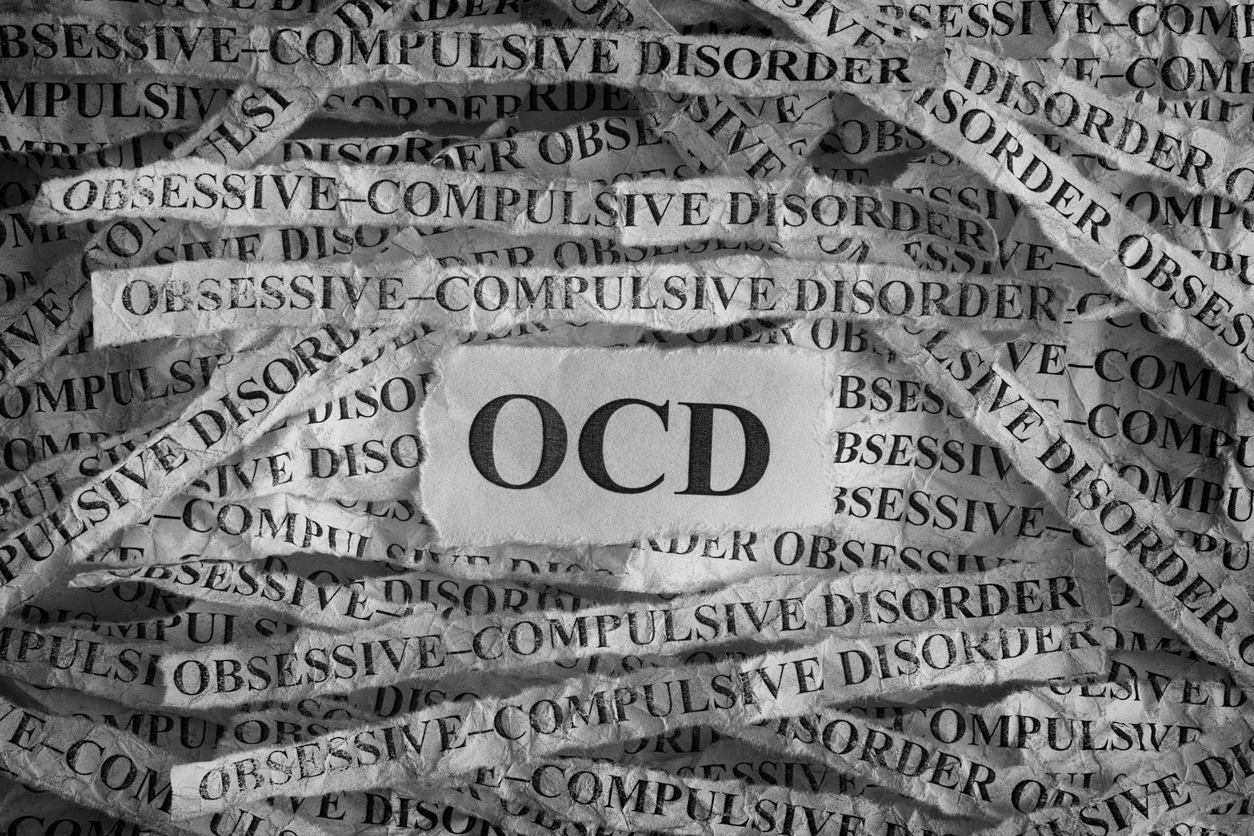Athletes’ Superstitions and Rituals
We’ve all heard of some interesting rituals and superstitions that our favorite athletes, past and present, have, whether it’s Serena Williams wearing the same socks throughout a tournament and bouncing her tennis ball 5 times before each serve or Wade Boggs only having batting practice at exactly 5:17 P.M. and running sprints at exactly 7:17 P.M.
 Rituals and superstitions among athletes, and non-athletes, are very common and are typically harmless. In fact, they are at times helpful for athletes facing unpredictability in their sport and these rituals and superstitions can help them feel more in control.
Rituals and superstitions among athletes, and non-athletes, are very common and are typically harmless. In fact, they are at times helpful for athletes facing unpredictability in their sport and these rituals and superstitions can help them feel more in control.
People may jokingly or offhandedly refer to these behaviors as OCD-like, referring to obsessive-compulsive disorder (OCD). However, they are not the same as OCD, a potentially debilitating mental health disorder. People with OCD have recurring, unwanted thoughts, ideas or sensations (obsessions) that make them feel driven to do something repetitively (compulsions). The repetitive behaviors, such as hand washing, checking on things, or cleaning, can significantly interfere with a person’s daily activities and social interactions. OCD involves a person engaging in rigid thoughts and behaviors that take up significant time, usually at least one hour a day, that also interfere or cause problems in person’s daily life. In addition, the person will begin to feel increasingly anxious if he or she cannot complete these rituals.
 OCD can be treated. Psychotherapy, such as cognitive behavioral therapy, can be helpful for people with OCD. In addition, there are medications, such as selective serotonin reuptake inhibitors, a type of antidepressant, that can be helpful.
OCD can be treated. Psychotherapy, such as cognitive behavioral therapy, can be helpful for people with OCD. In addition, there are medications, such as selective serotonin reuptake inhibitors, a type of antidepressant, that can be helpful.
Rituals and superstitions are common in athletics and can help athletes perform better by helping them gain the confidence they need before competition. However, if an athlete (or anyone) has rigid rituals or other repetitive behaviors that are affecting their ability to function and causing emotional distress, talking with a doctor or mental health professional may be helpful.
Learn more about OCD.
